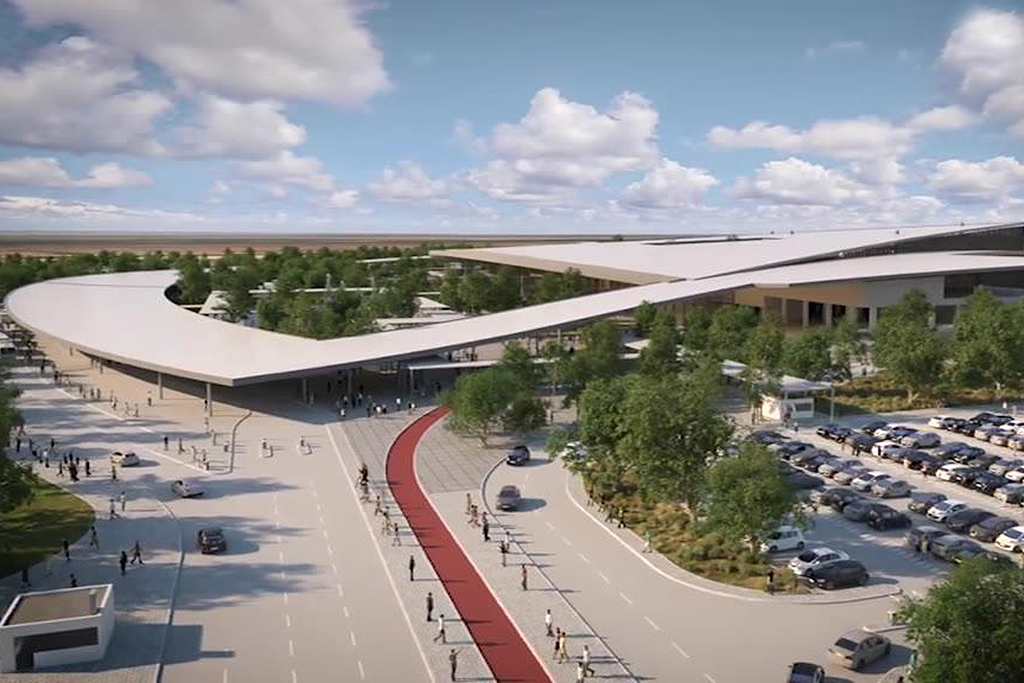
- 05/04/2020
- Information for investors, Portugal, ליסבון
Lisbon’s new airport
Factors in the flourishing Portuguese tourism industry have been complaining for years about the lack of capacity of the airport of Lisbon in Portal. Lisbon airport has already reached its maximum capacity quite some time ago which negatively affects the service in the field.
Portugal’s tourism industry experienced eight consecutive years of growth, which helped the country recover from a severe debt crisis and economic recession between 2010 and 2013. In 2019, a record number of tourists arrived in Portugal – 24 million people.
After many discussions, the Portuguese government decided to build a new airport that would serve Lisbon area, which will be located approximately 42 km east of the city center on the southern bank of the Tagus River. The site is currently used by the Portuguese army. The decision is motivated by the lack of the possibility to significantly expand the The existing facilities at Lisbon’s current airport.
The new airport is located in a military base in Montijo, 25-30 minutes from Lisbon, which can be easily reached by car, taxi, bus or ferry. With a total investment of 1.15 billion Montejo was the cheapest, closest and fastest option. On top of that, Montejo Airport was the only option that allowed the city to double the number of flights per hour in total to 72 without disrupting any of the current routes. The project is expected to be completed in the next three years, construction is expected to begin in 2020 after the completion of the project’s environmental impact assessment report.
Portala Airport will remain the main airport and undergo several renovations until 2028. As a result, these two airports will allow Lisbon to serve approximately 45 million passengers. The new airport should mainly serve Low-Cost companies and domestic European flights.
The impact of the new airport on the Portuguese GDP is estimated at 1.6%. The project is expected to create 34,500 new jobs, of which 19,100 are direct and the rest indirect. The new Lisbon airport is an important project both nationally and in Europe, and is recognized by the European Commission as a priority project in the trans-European transport network.
